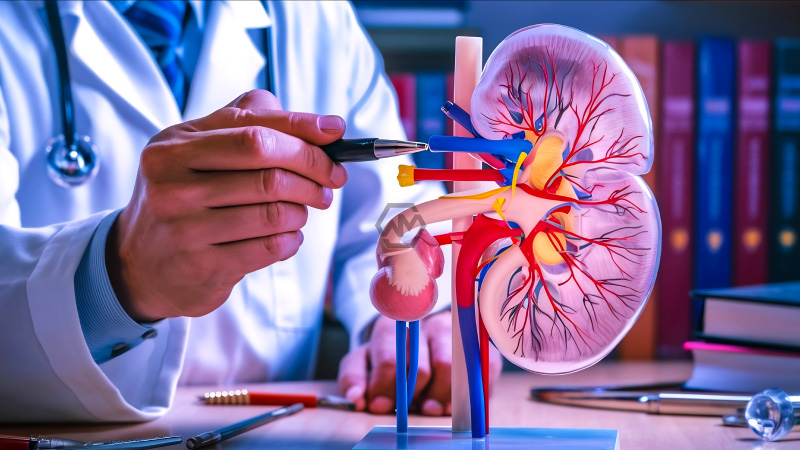- Study shows low-salt diet aids kidney cell regeneration in mice.
- Researchers identify key cellular mechanisms in kidney repair.
- Potential implications for future kidney disease therapies.
Recent research from the University of Southern California suggests that a short-term, low-salt diet combined with reduced body fluid intake could trigger kidney cell regeneration in mice.
The findings hold significant promise for future therapeutic strategies in treating kidney diseases, which currently lack effective regenerative treatments and often progress to irreversible damage requiring dialysis or transplantation.
Unlocking the Potential: How Low-Salt Diets Could Transform Kidney Care
A groundbreaking study led by researchers at the Keck School of Medicine, University of Southern California, suggests that a short-term, low-salt diet coupled with reduced fluid intake may stimulate kidney cell regeneration in mice. Published in The Journal of Clinical Investigation, the research centers on the macula densa region of the kidney, where specialized cells respond to salt levels to regulate vital functions. By manipulating these cells through diet and medication, scientists observed encouraging signs of kidney repair, offering new hope for treating chronic kidney diseases that currently lack effective regenerative therapies.
The study’s approach diverges from conventional treatments that focus on managing symptoms rather than addressing the root causes of kidney damage. This novel strategy not only highlights the potential for kidney regeneration but also underscores the importance of understanding natural mechanisms of organ repair. If these findings translate to human studies, they could pave the way for transformative therapies that prevent or delay the need for invasive treatments like dialysis or transplantation.
In conclusion, the research underscores the potential of dietary interventions to promote kidney regeneration, pointing towards a paradigm shift in the treatment of chronic kidney diseases. As further studies validate these findings in human subjects, this approach holds promise for improving outcomes and quality of life for millions affected by kidney disorders globally.
“We feel very strongly about the importance of this new way of thinking about kidney repair and regeneration,” said Janos Peti-Peterdi, emphasizing the potential impact of the study’s findings on future therapies for kidney diseases.



